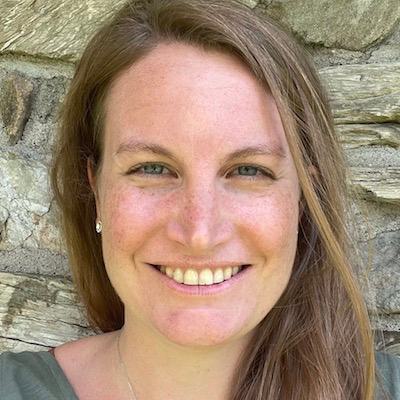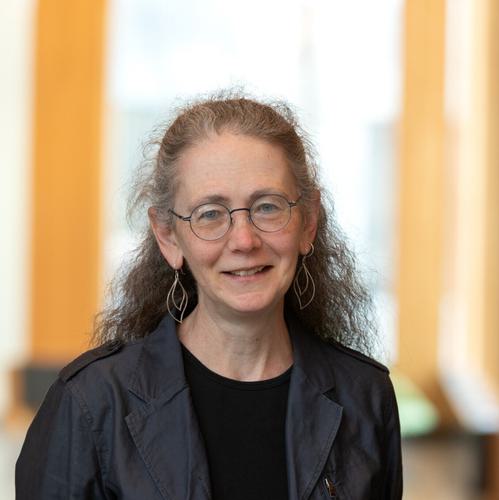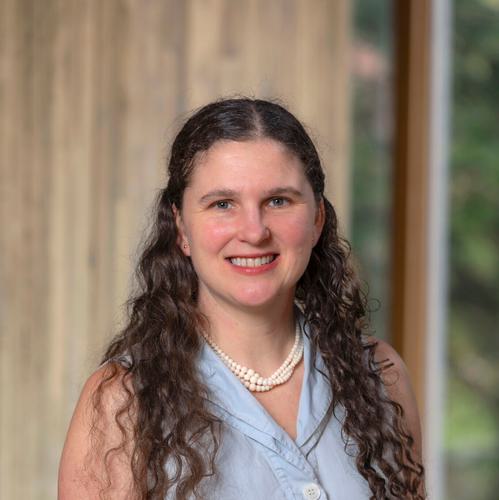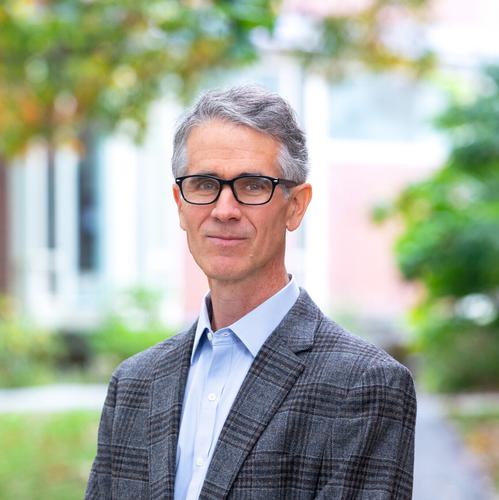Environmental Studies
Academic Department Introduction
Environmental studies examines the interdependent relationships between humans and the environment. Our department helps students cultivate the expertise, confidence, and empathy needed to tackle pressing environmental issues as scholars, scientists, activists, policy-makers, planners, artists, storytellers, and more.
Learning goals
Our goals are built upon values, skills, and experiences that recognize the complex, systemic inequities of environmental issues and actively empower people whose voices and perspectives have been marginalized. These include:
- Gaining an understanding of how racism, colonialism, and power shape environmental problems; appreciating the complexity of environmental challenges; and engaging in complicated dilemmas in a spirit of collaboration.
- Using data, argument, and case studies to understand social, physical, and biological processes.
- Participating in a transdisciplinary and collaborative learning community where fellow students, faculty, staff, alums, and the public are all valued sources of expertise.
Programs of study
Environmental studies major and minor
Students gain skills, experiences, and values necessary to tackle pressing environmental challenges.
Course highlights
Introduction to Environmental Science & Systems
ES100
This course introduces environmental science through the lens of systems thinking. Given the staggering level of complexity found around us, a powerful approach in science is to simplify complex systems into key components that influence processes and provide predictive power. But how do we choose which factors to focus on? How disconnected are causes and effects? Although not a laboratory course, students will actively engage in data collection, analysis, and interpretation of systems ranging from energy in ecosystems to environmental toxins and human health. (Note that students may enroll in either ES 100 or ES 101, but not both.)
-
Environmental Aesthetics
PHIL235
The world around us is rich with aesthetic qualities. It is beautiful, awesome, enchanting, and sublime. Places have moods, vibes, atmospheres, and ambiances. How can we think rigorously and systematically about the aesthetics of the natural and built environment? What role, if any, should aesthetics play in environmentalism, environmental policy, and our relationship with the world we live in? This course will focus on contemporary philosophical work that seeks to answer these questions. Themes may include the place of science, imagination, history, and culture in aesthetic judgment, the role of aesthetics in conservation, and the relationship between aesthetics and climate change. (ES 235 and PHIL 235 are cross-listed courses.)
Places and spaces
-

The Frost Center for the Environment, home of the Environmental Studies Department, offers access to the Science Complex, greenhouses, and laboratory equipment. Thoroughly interdisciplinary, the Frost Center supports programming and initiatives that engage the whole community, such as talks on topics ranging from eco-poetics to environmental justice.
-

A stunning greenhouse that embodies architectural sustainability and interdisciplinary education, Global Flora houses the College’s preeminent collection of plants in dry and tropical biomes.
-

The Environmental Science Research Laboratory is a shared space in which faculty and students engage in research in the natural sciences that informs—and is motivated by—interdisciplinary environmental questions and issues. They analyze environmental samples ranging from plant material to ocean water and use the resulting data to better understand scientific processes and feedback. Photo: Dave Burk © SOM
Research highlights
-

Students working with Professor Jay Turner have tracked investments in clean energy manufacturing since the Inflation Reduction Act became law. In March 2023, they were invited to brief the White House Office of Science and Technology Policy on what they had learned.
-

The MetroWest Energy Justice Collaborative, an independent study course in our department, worked with Niri Kumar, the energy advocate for Wellesley’s neighboring towns of Natick and Framingham, in fall 2023. Students studied energy justice in class and worked on these issues through community-based projects.
-

How can we make global shipping greener? One place to start is the world’s ports. Students working with Professor Beth DeSombre have researched sustainability measures at the busiest ports around the world with the help of a multiyear grant from the Social Sciences and Humanities Research Council of Canada.
-
Sometimes a plant species can dominate one landscape yet be hard to find in a similar place nearby. Students in Professor Alden Griffith’s lab research the mechanisms of plant population dynamics, with a particular focus on invasive species and the influence of local environmental conditions. This work integrates measurements from the field and laboratory, the development of quantitative models, and greenhouse experiments.
-

Students working with Professor Dan Brabander explore the intersection of geosciences and public health with a focus on legacy metal (e.g. lead and arsenic) mobility in the environment. Environmental justice communities are often disproportionately affected by these toxic elements in soil and dust. Professor Brabander’s lab works with community partners to co-discover research questions that lead to sustainable and transformative interventions for impacted communities.
Opportunities
-
Study abroad
Through our partner institutions, students can enroll in environmentally focused programs in Panama, Costa Rica, Kenya, New Zealand, and elsewhere.
-
Study off campus
Students can cross-register for environmental studies classes at MIT, Olin College of Engineering, Babson College, and the Marine Studies Consortium.
-
Student organizations
Several student-run organizations focus on climate change, food justice, sustainability, and outdoor activities.
Beyond Wellesley
Beyond Wellesley
Many of our graduates become scholars, scientists, activists, health care workers, policy-makers, and artists. They work in the nonprofit sector, conduct research, and teach. Recent employers include the Office of the Attorney General for Massachusetts, the U.S. Environmental Protection Agency, Maxeon Solar Technologies, and nonprofit organizations such as the Conservation Law Foundation, the Acadia Institute of Oceanography, and Cultural Survival. Students have continued their studies at graduate programs including the Yale School of the Environment, the Nicholas School of the Environment at Duke, the MIT Department of Urban Studies and Planning, and Stanford Law School.
Recent Employers






Department of Environmental Studies
106 Central Street
Wellesley, MA 02481













